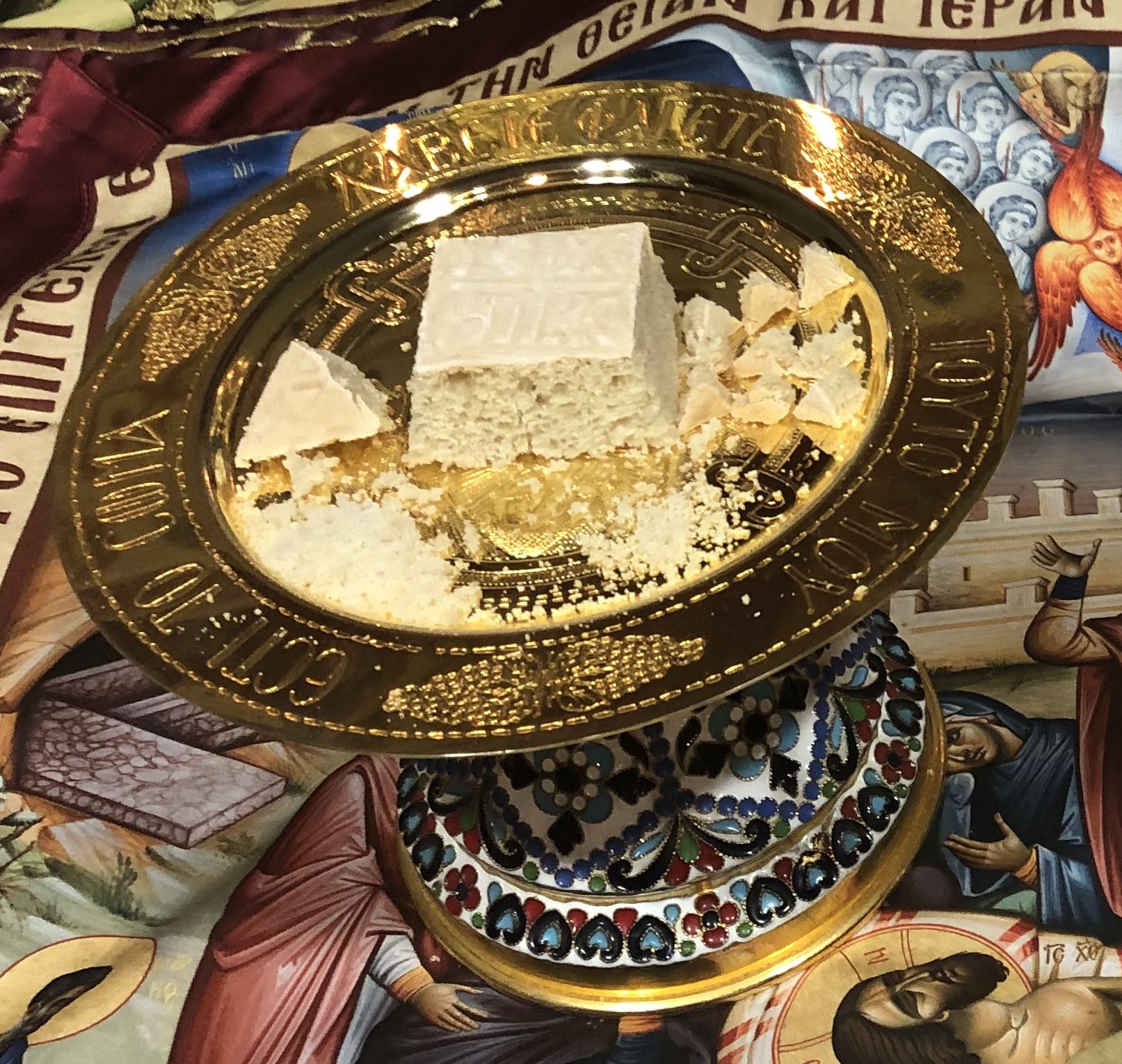Then they cried to the Lord in their trouble, and He delivered them from their distress; He brought them out of darkness and gloom, and broke their bonds asunder. Let them thank the Lord for His steadfast love, for His wonderful works to the sons of men!
Psalm 107:13-15
I have always liked history. I remember as a young boy of ten years old watching a TV miniseries in 1982 called “Blood and Honor.” It was about the rise of the Hitler Youth in pre-World War II Germany. In a small town, Jewish families and German families grew up side-by-side. Kids went to school together, played together, their parents were friends. When the Nazis came to power, word came to this small town that in the big cities, people were turning against each other, Germans persecuting Jews. In this small town, the mother in a Jewish family said to her husband that maybe it would be a good idea for them to leave and go somewhere else before what was happening in the big cities happened in their small town. His answer was that it couldn’t happen here. Except that it did. Eventually the persecution of the Jews happened in every town in Germany.
I currently live in Tampa, Florida. We are a good size city, but we are not New York or Los Angeles. We think of those as big cities with big city problems. Smaller towns think Tampa is a big city, with big city problems. As a Greek-American, my culture is a very small percentage of the United States population. When we think of problems, we think that those belong to other cultures, bigger ethnic populations. Except that they don’t. The problems that will be discussed here happen in every town and every ethnic group. And we can’t pretend that they don’t.
In my 25+ year ministry, I have buried victims of suicide, homicide and drug overdoses. I know that our community is not immune. Yet, we are very hesitant to talk about these subjects. Just because someone is Greek, or Orthodox, or has a college degree, a good job or comes from a good family, or even is in church every Sunday does not mean that anyone is immune. I think we can all do a better job taking away the stigma of struggling with mental illness or addiction. If we are really honest, we are all addicted to sin. We do it all the time, we can’t stop. And sin, while a spiritual illness, is also a kind of mental illness, because sin takes root in the mind and the mind is not able to stop it. We all have to protect ourselves mentally and spiritually. And this would be greatly aided if we could talk about these things. I have seen a therapist for years. Yet there are people who stigmatize those who go for any kind of therapy. St. Paul’s Second Letter to the Corinthians 12:7-9 has one of the most encouraging and validating thoughts expressed in Scripture:
And to keep me from being too elated by the abundance of revelations, a thorn was given me in the flesh, a messenger of Satan, to harass me, to keep me from being too elated. Three times I besought the Lord about this, that it should leave me; but He said to me “My grace is sufficient for you, for My power is made perfect in weakness.” I will all the more gladly boast of my weaknesses, that the power of Christ may rest upon me.
Having spoken to a few survivors of suicide, one thing I’ve come to understand is that some people who die by suicide are not those who are at rock bottom, but those who are working their way back up and just can’t see the light. To make an analogy, if someone is standing in the sunlight and then begins to descend a spiral staircase below ground, at ten steps down they can still see light. At twenty steps down they are in total darkness. Let’s say that when they hit rock bottom they are forty steps down. They start to come back, and they expend the energy to climb up twenty stairs. Rather than feeling accomplished, they are still in darkness. They think it will never be light again. Had they just had a little encouragement, they might have kept climbing. Those who die by suicide are not necessarily at rock bottom. Some are on the way back up but don’t feel like it because it is still so dark.
I know people who have died by suicide where people said, “no one saw that coming,” which is why we need to be careful and keep tabs on those around us. I know people who have died by suicide where people said, “we all saw that coming.” Which begs the question “if everyone saw it coming, why didn’t anyone do anything about it?”
People die from “massive heart attacks” all the time and there is no stigma associated with this. Would it be fair to say that the cause of suicide is a “massive brain attack,” where all hope and reason leave and someone does something unthinkable, usually something out of character? It is also fair to say that someone “died from suicide” rather than “committed suicide.” People die from heart disease all the time, many die from “death by donut” because they eat so poorly. People who lose loved ones to suicide, drug addiction and foul play are often beset with guilt and shame. They do not need any more. The best thing we can do is to be present, without judgment, without gossiping about it. Just be present.
Regarding these kinds of death, we need more awareness. We need to talk about these things more. We need to pay attention to those around us, to listen for clues that people so often leave that just aren’t picked up on. We need more empathy for loved ones left behind, rather than judgment. The world has enough shame. It doesn’t need any more. And we need to stop being ignorant that these kinds of things do not happen in our community, and really in every community and cultural group, because they do. I’m reminded of the verse in Genesis 4:9, after Cain killed his brother, Abel, when “The Lord said to Cain, ‘Where is Abel your brother?’ He said, ‘I do not know; am I my brother’s keeper?’” and the answer is, YES, we are!
As a hart longs for flowing streams, so longs my soul for Thee, O God. My soul thirsts for God, for the living God. When shall I come and behold the face of God? My tears have been my food day and night, while men say to me continually, “Where is your God?” These things I remember, as I pour out my soul: how I went with the throng, and led them in procession to the house of God, with glad shouts and songs of thanksgiving, a multitude keeping festival. Why are you cast down, O my soul, and why are you disquieted within? Hope in God; for I shall again praise Him, my help and my God. My soul is cast down within me, therefore I remember Thee from the land of Jordan and of Hermon, from Mount Mizar. Deep calls to deep at the thunder of Thy cataracts; all Thy waves and Thy billows have gone over me. By day the Lord commands His steadfast love; and at night His song is with me, a pray to the God of my life. I say to God, my rock: “Why hast Thou forgotten me? Why go I mourning because of the oppression of the enemy?” As with a deadly wound in my body, my adversaries taunt me, while they say to me continually, “Where is your God?” Why are you cast down, O my soul, and why are you disquieted within me? Hope in God; for I shall again praise Him, my help and my God. Psalm 42
We all need to be more proactive and empathetic regarding the issues of suicide, drug addiction and homicide. They happen in every community, including ours.

